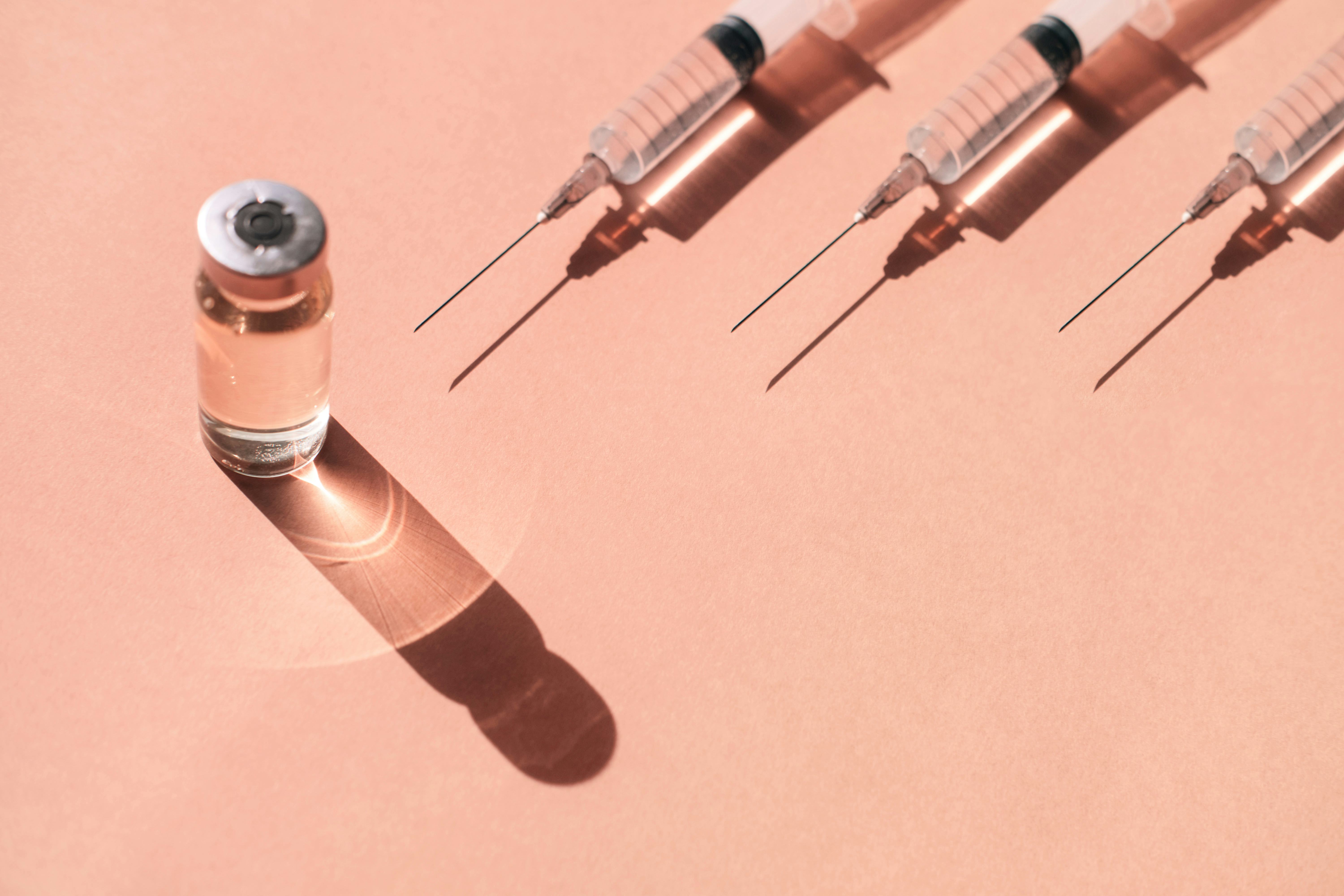
As the number of coronavirus cases attributed to the Delta variant grows, so, too, have worries about our vaccines’ effectiveness against it. Now, new data from Johnson & Johnson could give peace of mind to the 11 million people in the U.S. jabbed with its single-shot vaccine, the New York Times reported. According to the findings, the J&J vaccine showed promise against Delta, still protecting recipients from the highly transmissible variant eight months later.
In a press release published last Thursday, the pharmaceutical giant said it submitted two studies showing the effectiveness of its vaccine against Delta for online publication, per the Times, one of which has been accepted by a scientific journal. Both studies are small, though. Scientists unveiled the results early in response to a public eager for answers, the Times explained.
First detected in India, Delta is far more contagious than previous variants of SARS-CoV-2, the Times said, and it’s now responsible for one in four new COVID cases in the U.S. Although public health experts have reassured us that the vaccines currently available in the U.S. protect against all variants, this claim is based largely on studies of Pfizer and Moderna’s mRNA vaccines, the newspaper explained.
Not only did the J&J vaccine debut after the Pfizer and Moderna vaccines, federal agencies recommended pausing its use after reports of rare blood clots, further slowing the release of data on its effectiveness, the Times reported. Because the J&J vaccine’s technology is similar to that of the AstraZeneca vaccine — commonly administered in Europe — some experts predicted that J&J would be as effective as AstraZeneca is against Delta. But unlike J&J, AstraZeneca is a two-dose vaccine. A single dose of AstraZeneca offers significantly less protection against the variants than two doses, the Times explained, raising concerns that J&J recipients may need boosters.
But the new J&J data might lay some of these fears to rest. In one study, participants got only a single dose of J&J, while another 10 got either a second dose of J&J or an mRNA vaccine. Scientists monitored their immune responses roughly one month and eight months after the first shot.
The antibodies and immune cells produced by J&J stayed at high levels, the Times reported. A second dose of the vaccine further raised antibody levels, and an mRNA booster increased them even more, but not enough to be considered statistically significant. At the eight-month mark, the antibodies seemed to offer more protection against the variants than they did after one month. A participant who got only one dose of J&J became sick with COVID. But overall, the results suggest that J&J recipients don’t need a booster for the time being, the Times reported.
In another study of blood samples from eight volunteers, J&J was less effective against Delta than it was against the original virus, the Times noted, but actually offered more protection against Delta than it did against Beta, the variant initially detected in South Africa.
In the wake of these findings, preliminary data released by Israel’s health ministry on Monday suggests that Pfizer may be less effective against Delta than it is against other variants, but still prevents severe illness, Insider reported. The health ministry found that Pfizer was only 64% effective in preventing COVID-19 since June 6, versus 94.3% a month prior, before the swell in infections due to Delta. That said, both doses of Pfizer were 93% effective in preventing hospitalization, versus 98.2% the month prior. But it’s still “too early to precisely assess vaccine effectiveness” against Delta based on these data, Ron Balicer, who chairs Israel's expert panel on COVID-19, told Agence France-Presse.
Still, all these data suggest that the vaccines in U.S. offer some measure of protection against Delta, so get the shot if you haven’t already. And if you have gotten the jab, you can probably rest assured that it’s safeguarding you against the highly contagious variant, at least for now.







